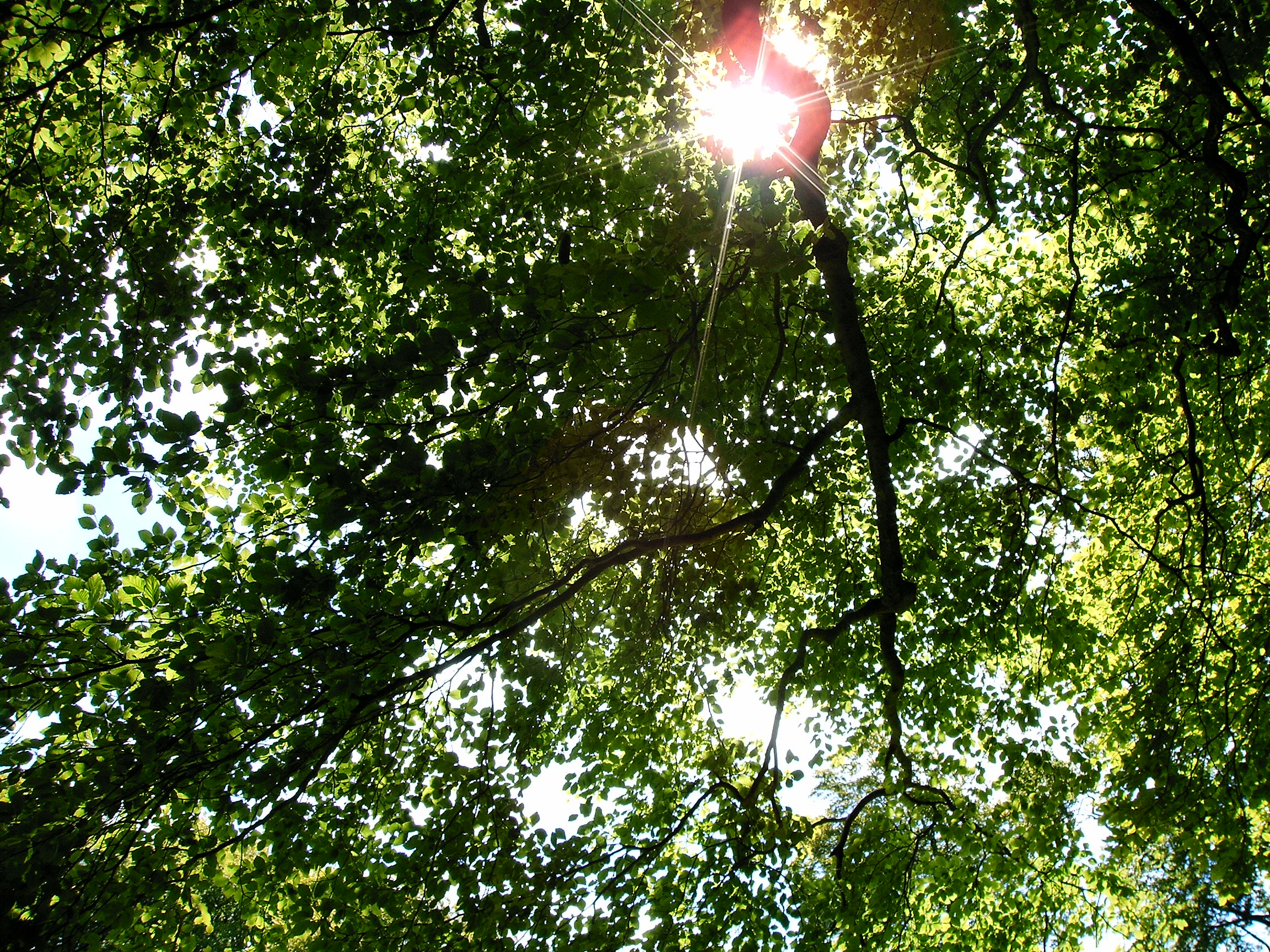
With all the ongoing talk nationally about the Stern Report and the
need to fightclimate change my thoughts turned to how we need to make the right decisions about keeping local facilities (which help us to fight climate changeby reducing our need to travel by car). One campaign I'm involved with isis trying to save my local swimming pool (Jubilee) from closure. I've found it easy to collect
around 400+ signatures to date on a petition and I know others are also
collecting and so the final total will be very large. I've copied below my letters
to my local councillor and the local paper on this issue.
Original Letter:
The decision to close Jubilee Swimming Pool in Knowle is a mistake. Not
only that, Knowle Councillor Gary Hopkins has broken his election pledge
to 'fight any plans to close Jubilee Pool' on his election address. He now
thinks there is 'no realistic alternative' having agreed to the closure
plan as a member of Bristol's Cabinet. I wonder how the voters of Knowle
feel about being let down like this?
Not long ago £200,000 was spent on refurbishing Jubilee Pool ! It is a
well used and valued local facility. To remove it reduces the quality of
life in Knowle. The availability of goods, services and facilities locally
is a key feature of the quality of life and the capacity to live
sustainably.
Swimmers in Knowle would have to travel further to swim after the closure,
adding to air pollution and climate change. The closure may put people off
going for swim, a very healthy physical activity, and it may be those who
find it most awkward to travel further that are most put off, such as the
elderly or families with young children.
When Councillor Hopkins originally made his pledge to fight plans to close
the pool I was pleased to see someone standing up for locally available
facilities and so now feel very let down. I believe he has not fought very
hard to persuade his Lib-Dem colleagues to take a more rounded, balanced,
less purely financial, greener and more democratic decision.
I would like to see them reverse this decision and go back to the idea of
reviewing the situation once the new leisure centre at Hengrove Park
opens. Furthermore, the review should not only be a financial audit but
should also be a social and environmental audit, examining the total
impact of closure and of alternatives to it. This should be combined with
completely open discussions on what it would take to keep Jubilee Pool
open with all its users and other interested parties locally. I believe
someone who really believed in fighting for local facilities would have
strongly argued for this with Bristol's cabinet.
____________________________________________________________________________________
Second letter:
Many thanks to the Bristol Evening Post for printing my letter about the decision to close Jubilee Pool, Councillor Gary Hopkins broken election pledge and the reply I obtained from him. Its good to debate these things in the open. I must say that I feel very dissatified and in fact quite insulted by his reply though.
I wonder if he communicates with all the people that he represents in Knowle this way? When a person who lives in his ward takes an active personal interest in a local issue is it really relevant that they were not present at the Cabinet meeting where the decision was taken? Is it really relevant that they have not previously had contact with him about the issue. I am politically active but did not write to him in this capacity at all!
Its convenient for Councillor Hopkins to blame others for a decision he and his colleagues have taken. Politics based on accusation and counter accusation is common everywhere, not least in Bristol, but it puts people off and causes politics to come into disrepute. Its gets us nowhere if parties simply blame the previous lot.
He talks of 'Hengrove or nothing' when referring to finance availability. Rather than give up and saying there is no alternative I believe it is well worth continuing to try and continuing to talk to people - a lot can change in four years.
He says he has fought for Jubilee Pool but this fighting it seems has now ended. £200,000 has been spent on a pool that he and his colleagues have now decided must close. I'm sure people were led to believe that when such money was spent it was because the facility had a decent future! It seems like economic madness to me to spend and then close.
He even casts some doubt on whether the Hengove complex will be built, saying 'when (or more rightly if) the Hengove complex is built'. If there is any doubt about Hengorve then why decide to close Jubilee now? I'm afraid I cant follow the logic here and certainly am not aware of any doubts about Hengrove!
Councillor Hopkins is right to say that Jubilee may have closed without the previous campaign to keep it open, in which he played a role. He goes on to make a good case for the pool, talking of it being easily walked to and accessed by public transport - this is the kind of facility we need to keep, but he has given up on it. With a little creativity there may be small scope to improve the Jubilee site in some way.
He said 'unlike the Labour Party we did not lie to people'. I dont find accusations of lies very productive. Though straight talking and rational debate is fine it is an indication of the state of big party politics that they all seem to talk of each other as liars like this.
I cant say I am keen on building a new pool when we already have one that has had a lot of money spent on it. The prospect of a new pool in Knowle would be just that, a prospect - it may or may not happen and the plans for it may or may not be acceptable. What is certain is that a swimming facility now exists here!
I've publicly and regularly called for the protection and indeed enhancement of local facilities in South Bristol for around twenty years, though have had no direct recent involvement over Jubilee until now. As a regular pool user and Knowle resident I was very pleased to see the previous defence of the pool by Councillor Hopkins others - I want that to continue, though I note that he did not comment at all on the substantial point in my original letter. This is that
'I would like to see them reverse this decision and go back to the idea of reviewing the situation once the new leisure centre at Hengrove Park opens. Furthermore, the review should not only be a financial audit but should also be a social and environmental audit, examining the total impact of closure and of alternatives to it. This should be combined with completely open discussions on what it would take to keep Jubilee Pool open with all its users and other interested parties locally'.Is he not willing to tell me if he agrees with me about the process that should be used to assess the situation and make the decision about the pools future?
 It is very welcome that the Government is encouraging schools to expand
It is very welcome that the Government is encouraging schools to expand

